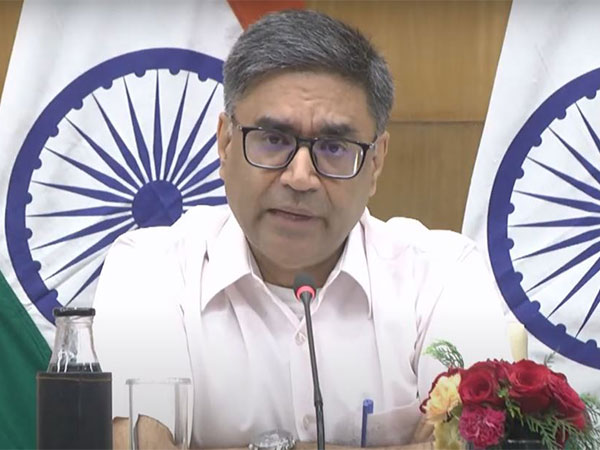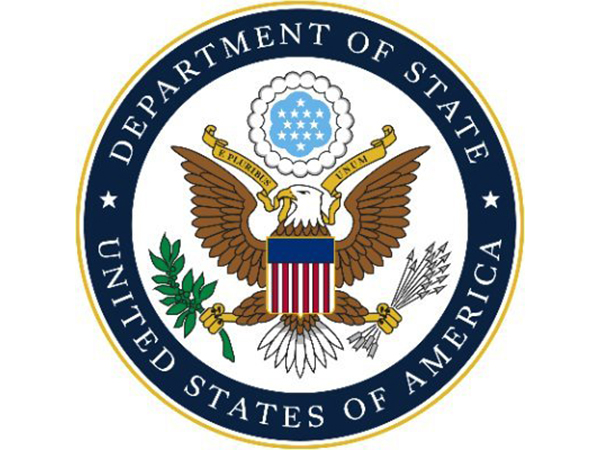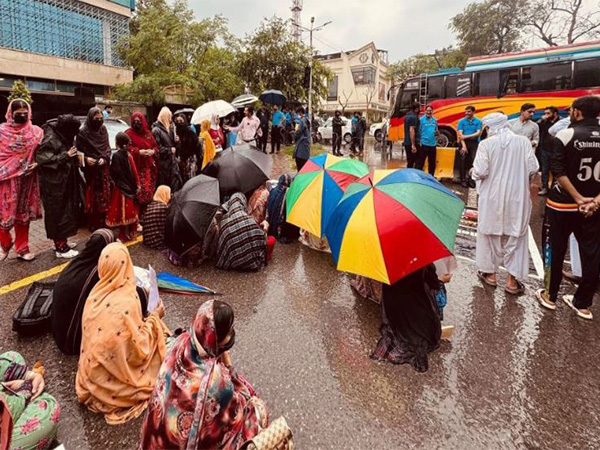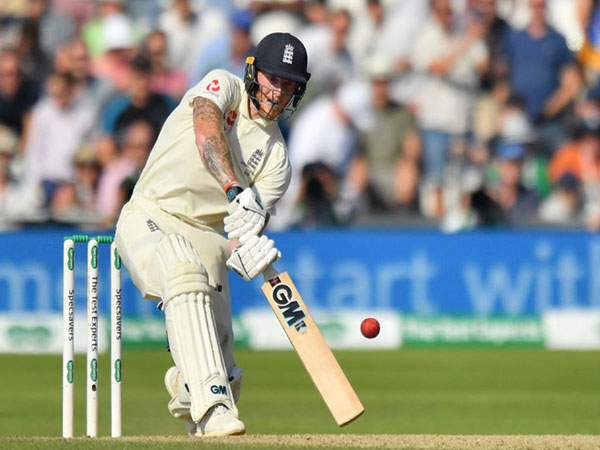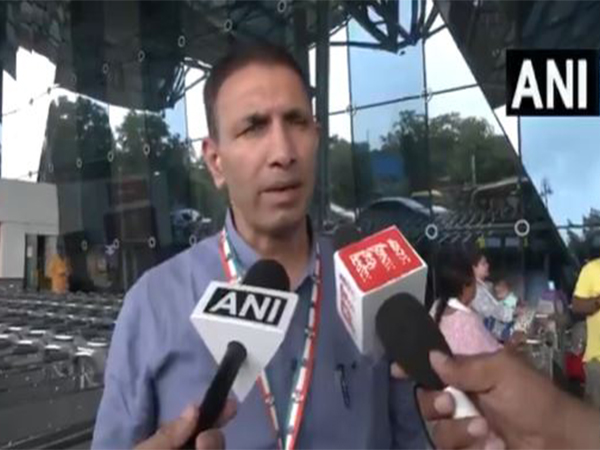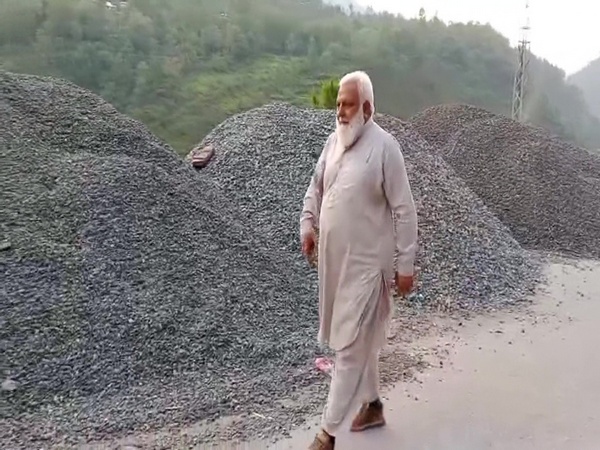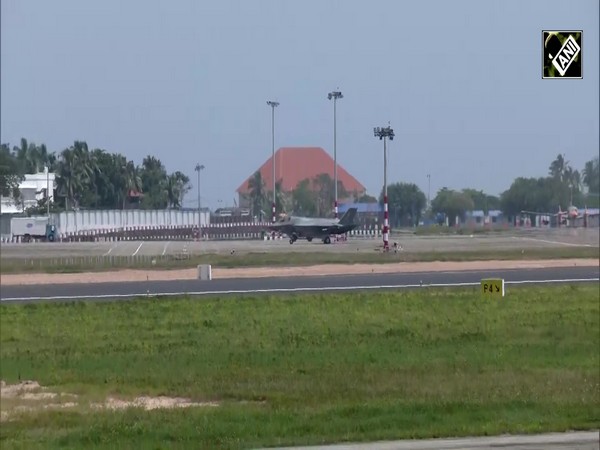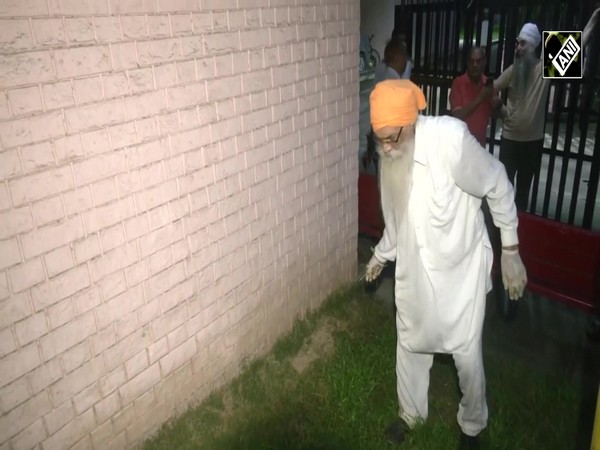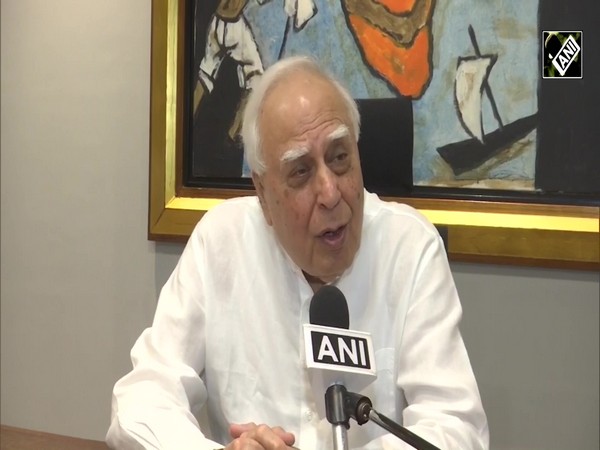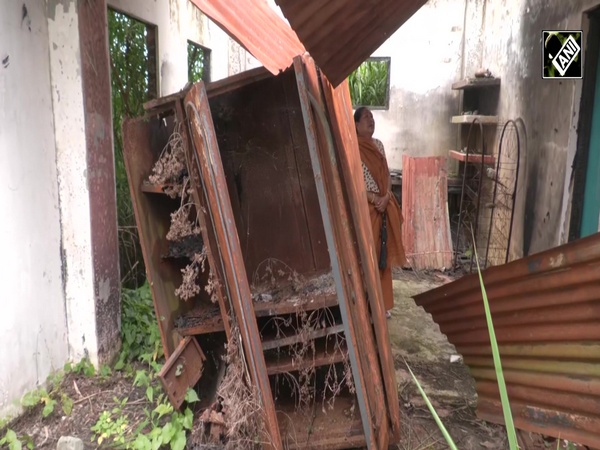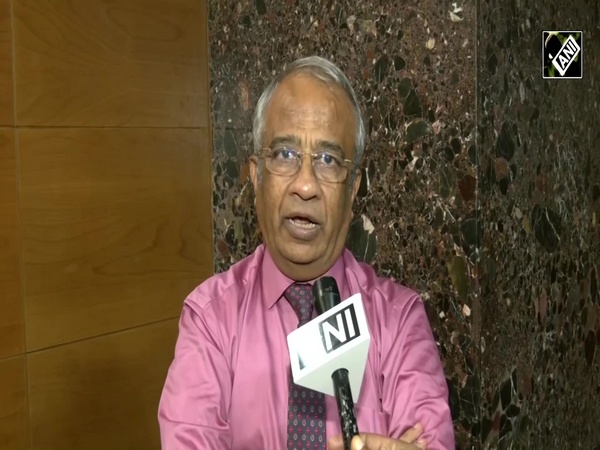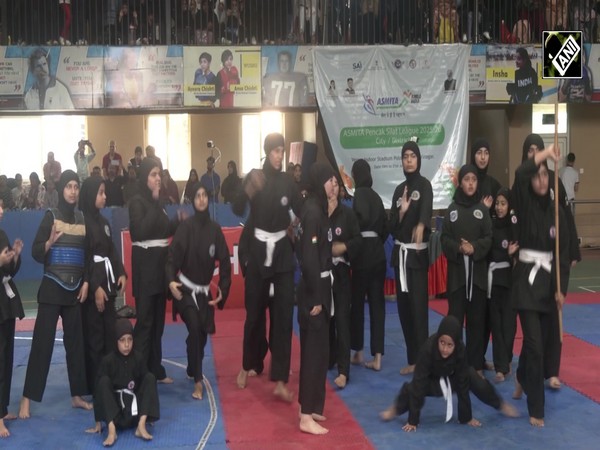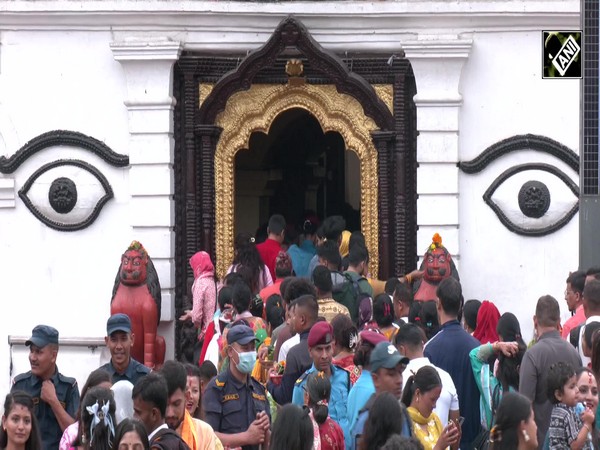China restricting information from Xinjiang to scrub evidence of genocide against Uyghurs
Mar 19, 2021

Washington [US], March 19 : Amid the 'genocide debate' among Western governments over China's crackdown against Uyghurs and other ethnic minorities in China's Xinjiang, Beijing has been restricting information flow from the area to scrub evidence, leading countries to make determinations as best as they can.
Surveillance and censorship have long hindered a full view of conditions in Xinjiang. However, last year, Beijing locked-down borders, citing the coronavirus; expelled foreign journalists who reported on Xinjiang; and scrubbed information off websites across the region, reported Washington Post.
"Regimes committing these kinds of crimes typically try to prevent damaging information from getting out," said Deborah Mayersen, an Australian expert on genocide.
The designation of genocide would become an indelible stain on President Xi Jinping's legacy and further boost European nations to join the United States in imposing economic sanctions and calls to boycott the 2022 Beijing Winter Olympics.
Since 2017, a massive political 'reeducation' campaign against Uyghurs and other groups have been carried out by the government in Xinjiang, with scholars estimating over a million people detained in camps, some transferred to prison and others pressured to work in factories, Washington Post reported.
Not a single former detainee managed to leave China in 2020 due to harsh restrictions on Xinjiang residents communicating with outsiders, said Gene Bunin, a researcher who documents Uyghur testimonies.
"The places I was getting current information, since COVID, they've not gone silent, but their content has changed," said Xinjiang expert Timothy Grose.
According to the Washington Post, while human rights activists are frustrated, Chinese propaganda outlets are seizing on vague or outdated information circulating in the West to try to discredit the broader evidence.
After the violent prosecution of Rohingyas in Myanmar, the UN Human Rights Council appointed a fact-finding mission, which found there was 'genocidal intent' and cases are ongoing. However, none of this happened for Xinjiang, for which activists attribute China's political sway.
British Foreign Secretary Dominic Raab called for a Xinjiang investigation in February at the UN Human Rights Council, but prospects are complicated by China's recent election to the council for a three-year term.
Despite this, Chinese Foreign Minister Wang Yi said that there has never been "genocide, forced labour and religious oppression" in Xinjiang, even welcoming a visit from the Office of the UN High Commissioner.
With international institutions declining to investigate, individual countries are left to make their own, inherently weaker judgments, reported Washington Post. Beijing's clampdown on the flow of information has also made it challenging for Xinjiang researchers to prove systemic implementation and intent for the most explosive allegations, including torture and rape in the camps.
The lack of clarity is clearly hurting calls of action by activists. Some are pushing for a boycott of the Olympics, with the slogan "Close the camps or lose the Games."
However, activists believe Western governments discussing issues such as sanctions or an Olympic boycott would pressure Beijing but would not immediately aid Uyghurs.

